by Neville Ladduwahetty
Of the several MOUs signed by the President of Sri Lanka during Prime Minister Modi’s visit to Sri Lanka, the most consequential in respect of implications to Sri Lanka is the one associated with the Defence Cooperation.
Neither the public nor the Parliament is aware of its contents. What the public could glean about the scope of this vital MOU are from articles written by concerned citizens, like the one by Dr. Dayan Jayatilleka in the Daily FT of April 10, 2025. The source of his material is from statements made by the President during political rallies relating to the Defence Cooperation MOU. One such statement is cited below. This reflects a seismic shift in respect of Sri Lanka’s relations not only with India, but also with other Nation-States, that is disturbing to say the least, because of its implications on Sri Lanka’s autonomy to act independently as a sovereign Nation-State and define its own destiny; a status Sri Lanka defended for nearly 2500 years despite repeated interruptions over the years.
Securing Assistance
Justifying the need for Defence Cooperation with India, President Dissanayake is reported to have stated the following at an election meeting in Galle:
“We need security in this region. We need to safeguard the security of this region. We should secure the assistance of those who have greater technological capacities in defence, greater skills in defence. If not, how can a country move forward? …. For 76 years the world developed rapidly in science and technology. The world developed rapidly in military science. Now, what should we do? We must secure the assistance of those states which have accepted new science and technology. Don’t we have to do that”? (Ibid).
There are two pivotal issues that arise from the President’s comments. The first is discarding the principle of SELF-RELIANCE (SR). SR is the bedrock of Sri Lanka’s civilizational values. The inspiration to rely on one’s SELF to evolve answers to inscrutable questions or to challenges that present themselves as insurmountable comes from the single-minded approach adopted by Lord Buddha in his search for liberation. His attempts to seek the assistance of others failed him. It was the relentless determination to find the answers himself to what he was looking for, that enabled him to realise his goal; a goal that has benefited mankind.
The role model set by him was what inspired the spirit of SELF RELIANCE that enabled Sri Lanka to create a civilisation that was unique over millennia. It was not created by military conquest. It was not created by developing “military science”. The monuments left behind are a testimony to the ingenuity and skills of the People of Sri Lanka. It was they, who developed the technologies needed for the Sri Lankan nation to lead a life of peace and contentment.
Throughout Sri Lanka’s history, its sovereignty has been repeatedly violated and its territory vandalised by invading armies. Whenever such invasions occurred, liberation and freedom came from military strategies developed and adopted by those within by relying on SR. They did not go running to sign MOUs seeking assistance from militarily powerful nations. On the other hand, whenever our Rulers sought the assistance of external powers, such as the Dutch, to get rid of the Portuguese who had invaded the country, the Dutch ended up colonising the whole country for nearly 150 years until they lost it to the British, who in turn colonised for a further 150 years. The Defence Cooperation MOU with India has the potential to repeat that history.
Safeguarding Regional Security
The President has stated: “We need security in this region. We need to safeguard the security of this region”. If this is a policy of this government, in what way could Sri Lanka contribute towards the “security of this region”? Is there a clear understanding as to how Sri Lanka and India are going to undertake safeguarding the security of the region? Whatever it may be, there is no doubt that the contribution Sri Lanka can afford to make is insignificant compared with what India would be making because it is in India’s self-interest as an aspiring Global Power to make the region secure. Furthermore, because of this disparity, the MOU would entitle India to enforce its will as to how regional security is exercised. Does this not amount to sacrificing Sri Lanka’s strategic autonomy?
If it did, would it not compel Sri Lanka to be under the hegemony of India; a condition that would only bolster the security of India based on India’s notion that the security of India depends on the security of Sri Lanka, meaning a weakened Sri Lanka under the control of India? On the other hand, if Sri Lanka exercises its independence and acts in pursuit of its own self-interests, and such actions do not mesh with that of India in its pursuit of becoming a global power, there would be consequences.
Therefore, any arrangement that compromises the independence of Sri Lanka and its ability to exercise its Self- Reliance has to be mindful of India’s interests. This does not mean that Sri Lanka should not heed India’s concerns and interests. Instead, it only means pursuing Sri Lanka’s interests while being conscious of India’s sensibilities, as it was with the Chinese “research vessel”. However, under a Defence Cooperation MOU, it would be India that would decide the parameters as to whether to permit entry of foreign vessels or not; a constraint that would compromise Sri Lanka autonomy to pursue its self-interests.
Impact on Foreign Policy
An alignment with a power that the President describes as: “We sincerely applaud the way India has positioned itself not only as a regional power, but also as global power” (Ibid), means Sri Lanka has decided to disassociate itself with its long cherished position of being Non-Aligned as a founding member of Non-Aligned Movement, that morphed recently into being Neutral in the context of emerging Great Power rivalries in this region. By aligning exclusively with a country that is positioning itself to be a global power and at the cost of distancing itself in its relations with other Global Powers, comes not only at a cost that Sri Lanka cannot afford to bear in the background of overdue debt to them, but also a degree of dependence that is unknown and unfamiliar to independent Sri Lanka.
The need to seek exclusive relations with India is in the hope that India would assist Sri Lanka in case such a need arises because Sri Lanka does not have the needed “military science” to defend itself, not realising that there is no free lunch; a fact attested by Sri Lanka’s own history. The President and this Government must accept the hard reality that Sri Lanka or any other small country can ever hope to match the degree of “military science” capabilities that Global Powers possess. At the end of the day, it is a smart strategy that matters more than the stacks of military hardware by countries such as Sri Lanka; a fact demonstrated by David’s sling shot against the might of Goliath.
For instance, Sun Tzu, in “The Art of War”, states: “What is essential for leaders, generals, and ministers in running countries and governing armies is no more than … peak efficiency of knowledge and strategy is to make conflict altogether unnecessary. To overcome others’ armies without fighting is the best of skills”. It is clear from the wisdom of the ages that effective intelligence gathering and appropriate strategy is far more relevant for the security of a Nation such as Sri Lanka than relying on the unrealistic notion of military science to ensure its security.
Conclusion
During an election rally, the President is reported to have stated that there is a need not only to “safeguard security for the region”, but also that Sri Lanka “must secure the assistance of those states which have accepted this new military science technology” if Sri Lanka is to move forward. These objectives are to be incorporated in a Defence Cooperation MOU with India.
How Sri Lanka is to contribute to “safeguarding the security of the region”, or what form and type of the assistance Sri Lanka expects from India, is not made public. Despite such lacunae, the implication of any form of Defence Cooperation exclusively with a country such as India that is “positioning” itself to be a global Power or one that is already recognised as a Global Power, is bound to affect Sri Lanka’s relations not only with other Global Powers but also with other countries as well.
Furthermore, exclusive alignment with one Power means that Sri Lanka has decided to ditch not only the principle of Non-Alignment and its concepts that it championed for decades, but also, more appropriately, Neutrality, in the emerging context of Great Power rivalries in the region. Such exclusive arrangements for assistance with one country compel Sri Lanka to be in the vortex of India and its interests, the consequence of which for Sri Lanka is to be a vassal State of India.
The nearly 2,500-year old history of Sri Lanka has been to resist and defend such attempts. Throughout its history Sri Lanka has relied on its own strengths and abilities and created the spirit of Self-Reliance modeled on the example set by the founder of the religion of the majority of Sri Lanka. That is to develop its own strategies to create a unique civilization in which its People enjoyed peace and contentment. However, there were occasions when weak leaders abandoned the rewards of Self-Reliance and sought the assistance of the Dutch to overcome the threat of Portuguese occupation, and ended up being colonized for over nearly 150 years. The planned Defence Cooperation MOU with India could very well be a repeat of that history; an outcome that would permanently ensure India’s security.
The attempt to seek external assistance to “move forward” is founded on the misguided concept that without the military and technological strength of external agents, Sri Lanka cannot move forward. In view of the fact that countries such as Sri Lanka cannot ever hope to match the capabilities of those who have advanced military technologies, the choice left to Sri Lanka is to be guided by the wisdom of the ages cited above, and develop “efficiency of knowledge and strategy”.
That means, the compelling need for Sri Lanka to develop its Intelligence and strategic capabilities to a very much higher level than what exists today so that Sri Lanka is in a position to make conflict both internal or external unnecessary. The importance of strategy over Military capabilities is starkly made evident by the experience of the US in Vietnam. Notwithstanding the fact that the US possesses the most advanced military hardware in the world, the US lost the war in Vietnam because of a wrong strategy. The US relied totally on the capabilities of their military hardware and forgot the strategy of David’s slingshot. The hope is that the President is made aware of these lessons of history.
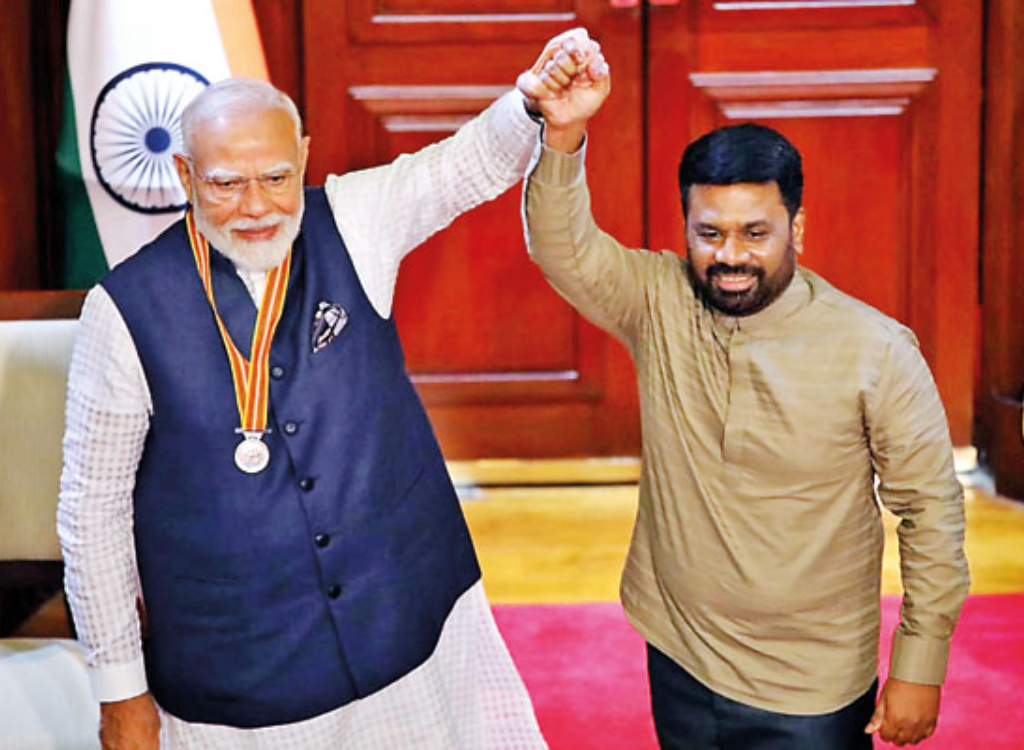
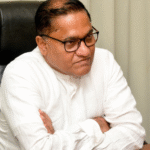

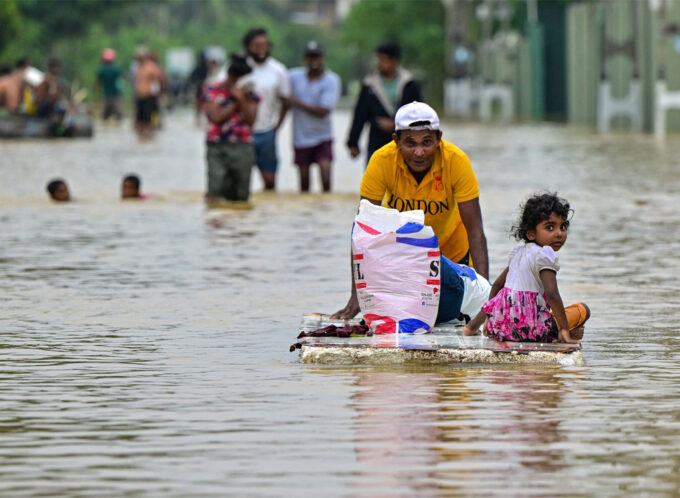
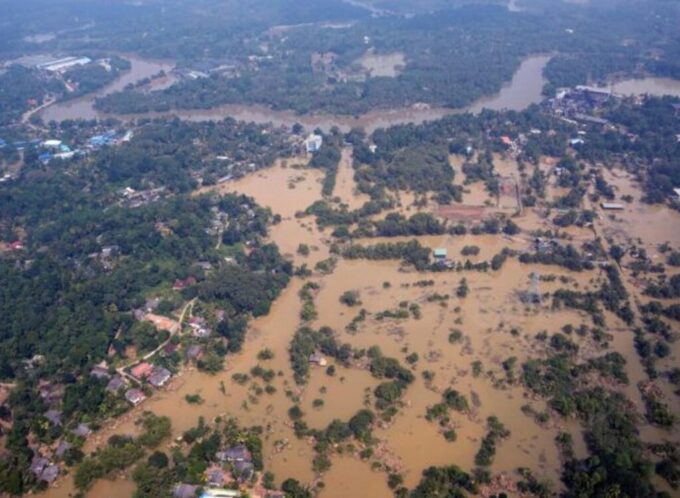
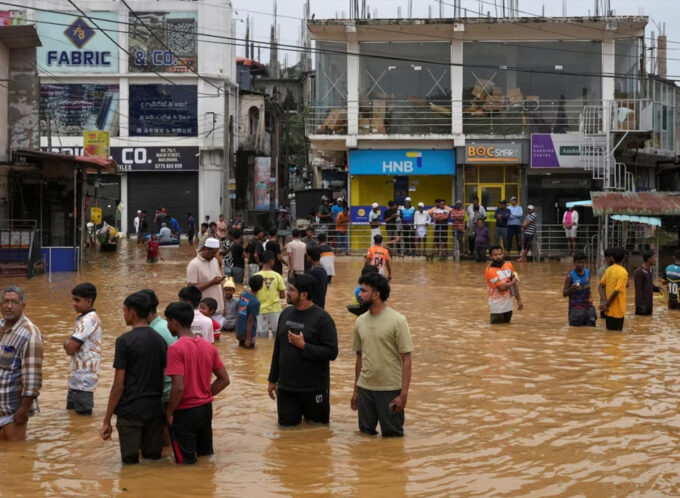
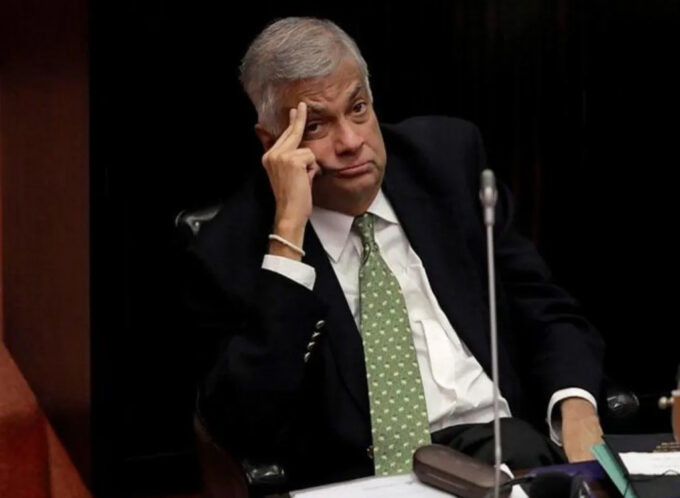

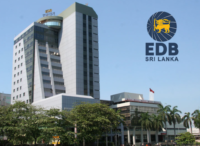
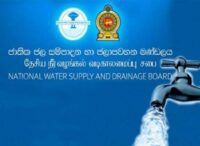
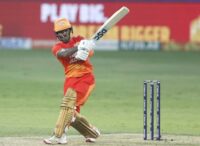
Leave a comment